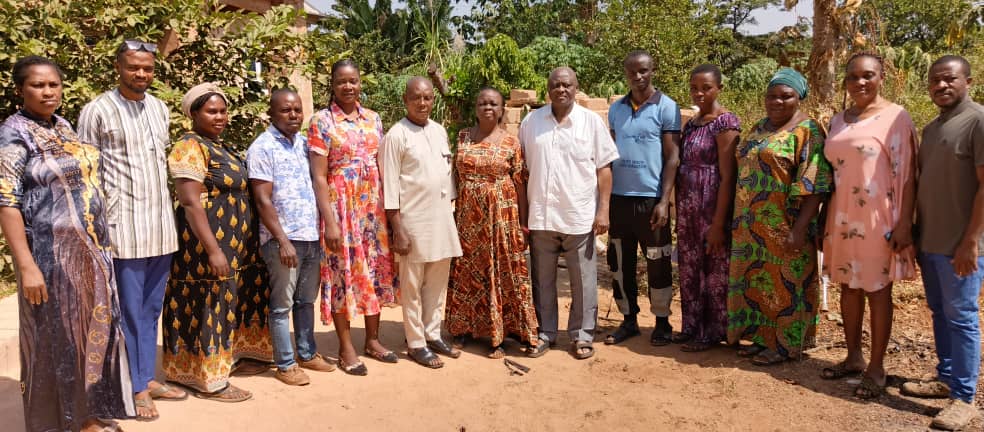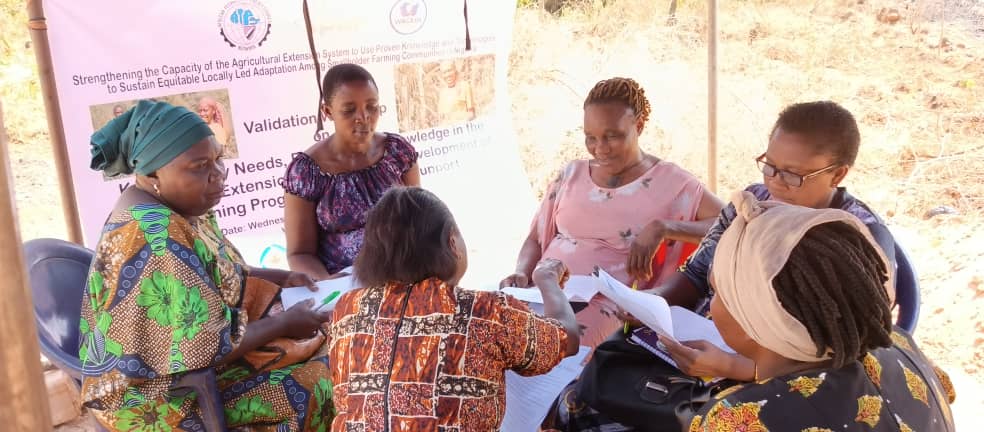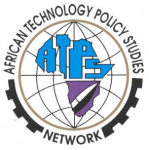Empowering Communities Through Locally Led Adaptation: Insights from the SCALE Project
The fight against climate change is inherently local. While global policies and international funding mechanisms are critical, the real work often happens at the grassroots level, where individuals and communities experience the most immediate effects of a changing climate. Locally led adaptation (LLA) projects represent a paradigm shift in climate resilience, placing decision-making power and resources into the hands of those who are directly impacted. This approach not only ensures sustainability but also fosters equity, cultural relevance, and community ownership of climate solutions.
At the African Technology Policy Studies Network (ATPS), our commitment to locally led adaptation is exemplified through the Strengthening the Capacity of the Extension System to use Proven Knowledge and Technologies to Sustain Equitable Locally Led Adaptation Among Smallholder Farmers (SCALE) project, funded by International Development Research Center (IDRC). This initiative highlights the transformative potential of empowering smallholder farmers, who form the backbone of Africa’s food systems, to develop and implement climate solutions tailored to their unique contexts. By focusing on the SCALE project, this article explores why locally led adaptation matters and how such initiatives can create lasting impact.

Figure 1 Participants during a SCALE Project workshop held on 5 December, 2024 in Enugu, Nigeria
The Imperative for Locally Led Adaptation
Climate change affects communities differently, depending on geography, economic structure, and sociocultural dynamics. For example, smallholder farmers in Sub-Saharan Africa face distinct challenges such as erratic rainfall patterns, soil degradation, and increased pest infestations. These challenges require localized solutions informed by traditional knowledge and contextual realities.
However, adaptation strategies are often designed in top-down processes that fail to account for the lived experiences of vulnerable communities. Such approaches risk promoting generic solutions that may not align with local priorities or capacities. Locally led adaptation addresses these gaps by:
- Enhancing Relevance: Solutions are tailored to specific environmental, social, and cultural contexts.
- Fostering Ownership: Communities are more likely to sustain initiatives they’ve co-designed and implemented.
- Building Resilience: By integrating indigenous knowledge with modern technologies, locally led projects create adaptive capacities that evolve over time.
- Promoting Equity: Marginalized groups, including women and youth, gain a voice in decision-making processes, ensuring inclusive development.
The SCALE Project: A Model for Locally Led Adaptation
The SCALE project epitomizes the principles of locally led adaptation by addressing the critical need to strengthen extension systems for smallholder farmers. Agriculture is the lifeblood of many African economies, yet smallholder farmers often operate in highly vulnerable conditions with limited access to resources, knowledge, and technologies. SCALE bridges these gaps by equipping extension systems with the tools and methodologies needed to foster equitable and sustainable adaptation practices.

Figure 2 A group of women engaged in a discussios during the SCALE Project workshop held on 5 December, 2024 in Enugu, Nigeria
Key Features of SCALE:
- Participatory Knowledge Exchange SCALE prioritizes participatory approaches that allow farmers to co-create solutions. This includes integrating traditional agricultural practices with scientifically validated technologies. For instance, farmer field schools and peer learning platforms enable communities to share insights and innovations, fostering a collective approach to problem-solving.
- Gender and Social Inclusion Women and marginalized groups are disproportionately affected by climate change but are often excluded from decision-making processes. SCALE actively involves these groups, recognizing their critical role in adaptation. Tailored training sessions, gender-sensitive tools, and community dialogue forums ensure that their voices are heard and their contributions valued.
- Capacity Building for Extension Officers Extension officers serve as the vital link between research institutions and farmers. SCALE enhances their capacity to disseminate proven technologies, interpret climate data, and facilitate locally relevant solutions. By empowering these frontline workers, the project amplifies its reach and impact.
- Integration of Proven Technologies From climate-resilient crop varieties to water-saving irrigation techniques, SCALE promotes the adoption of technologies that have been validated in similar contexts. This ensures that farmers are equipped with practical tools to mitigate risks and improve productivity.
- Monitoring and Evaluation (M&E) SCALE employs a robust M&E framework to track progress and adapt strategies in real-time. Feedback loops ensure that community insights are continuously integrated, enhancing the project’s responsiveness and effectiveness.
Challenges and Opportunities
Implementing locally led adaptation projects like SCALE is not without challenges. Common obstacles include limited funding, bureaucratic hurdles, and resistance to change. However, these challenges also present opportunities for innovation and collaboration:
- Scaling Up: Governments and development partners can replicate SCALE’s participatory framework in other regions to amplify its impact.
- Public-Private Partnerships: Engaging private sector actors can unlock additional resources and expertise for adaptation projects.
- Policy Alignment: Advocating for policies that prioritize locally led adaptation can institutionalize this approach, ensuring long-term sustainability.
Conclusion
The SCALE project underscores the transformative potential of locally led adaptation. By placing smallholder farmers at the centre of climate resilience efforts, it not only addresses immediate vulnerabilities but also builds the foundation for sustainable and equitable development. As climate challenges intensify, investing in locally led initiatives like SCALE is not just a moral imperative but also a pragmatic strategy for achieving global climate goals.
ATPS remains committed to advancing locally led adaptation through innovative projects and collaborative partnerships. Together, we can empower communities to turn the tide against climate change, one locally driven solution at a time.
By Susan Mburu
Strategic Communication and Change Management Leader

